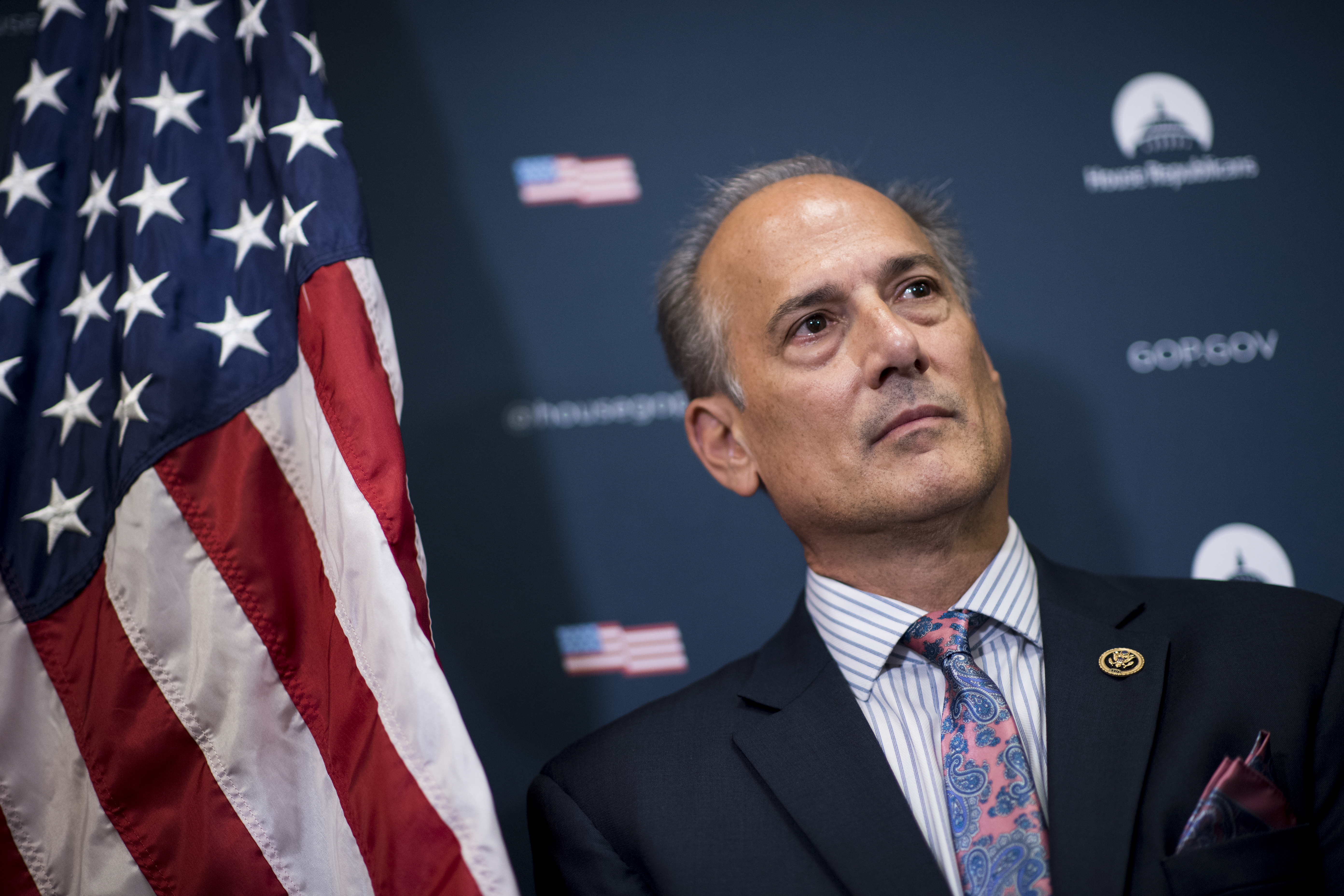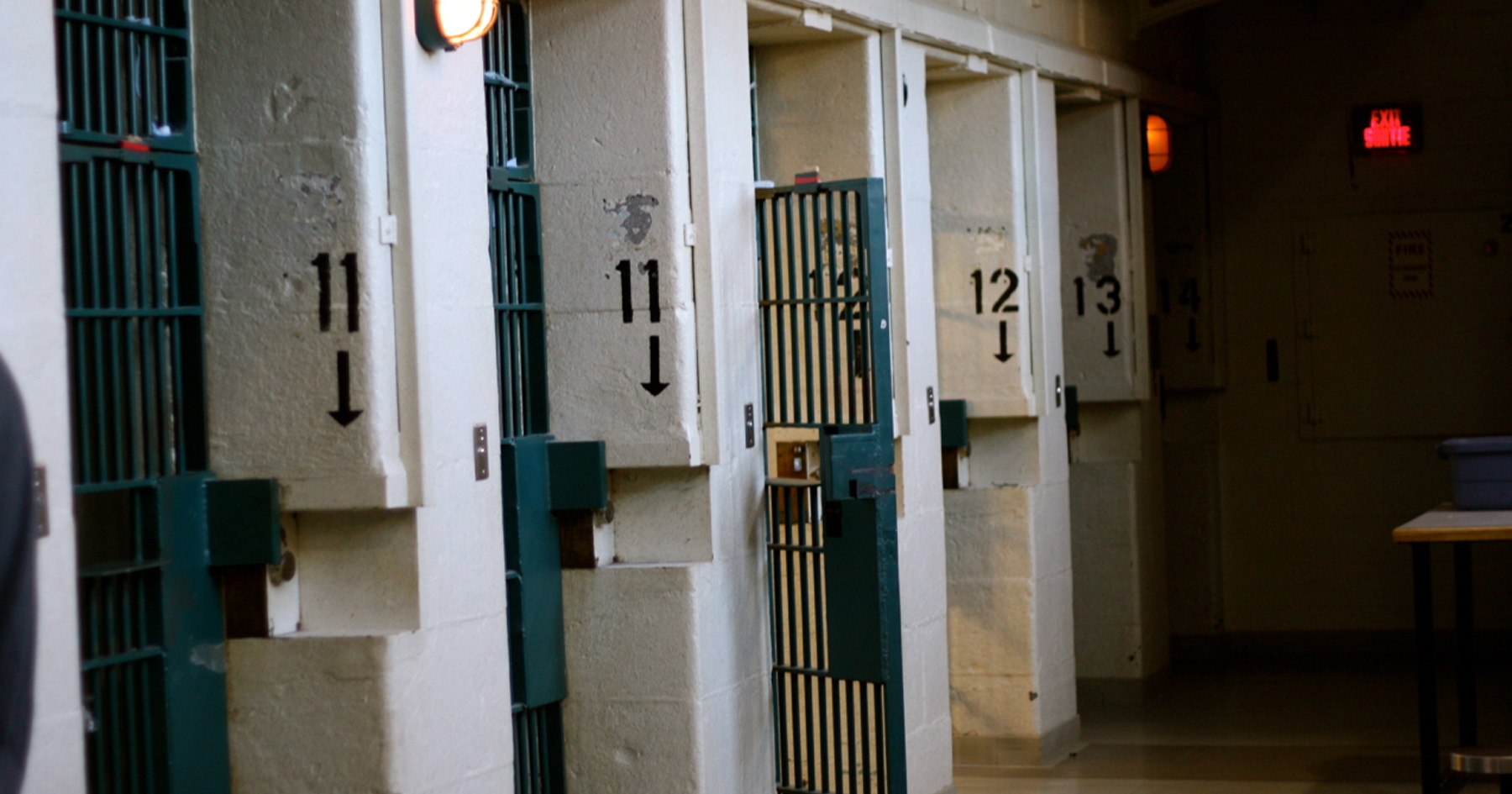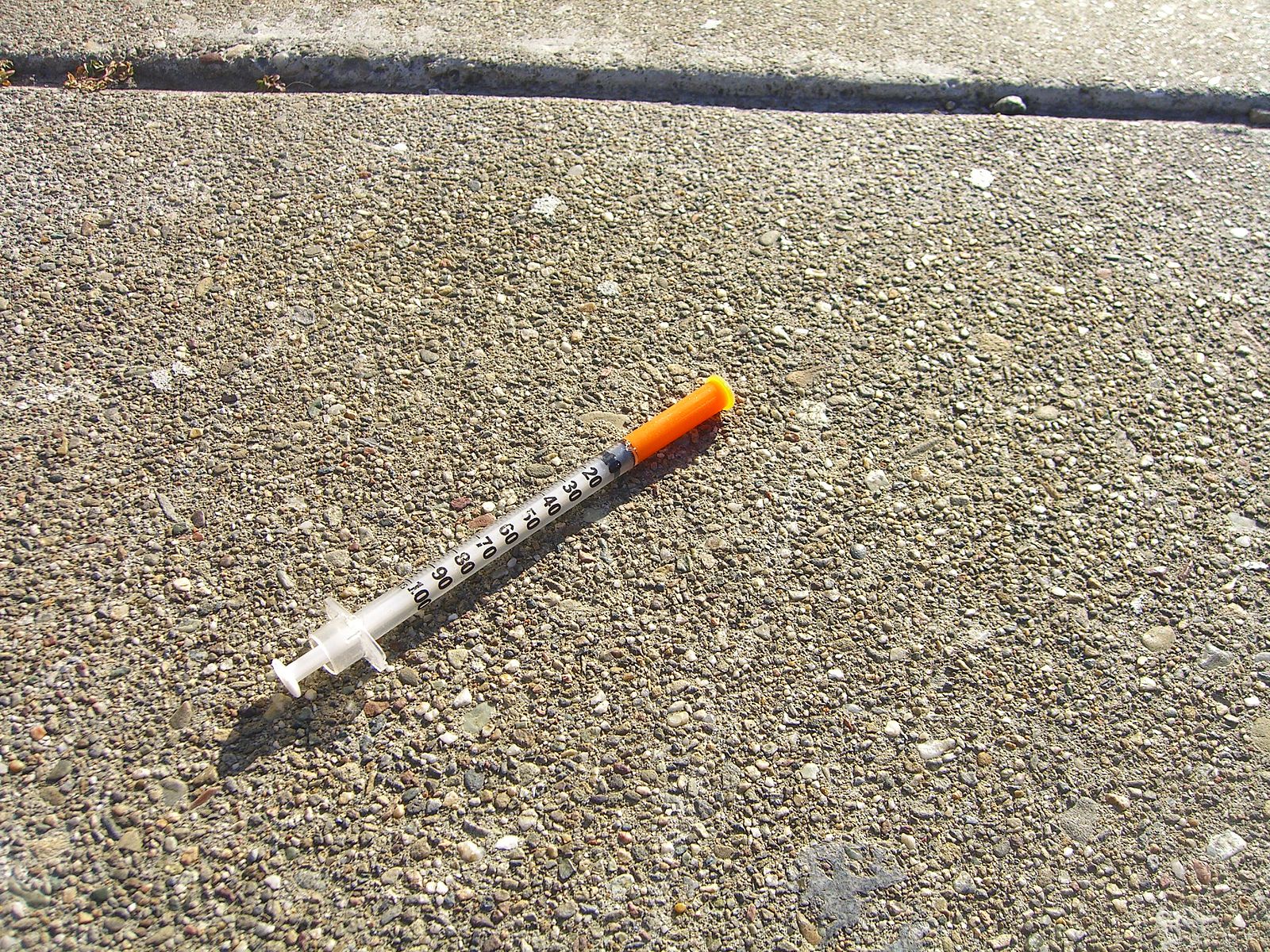How Trump's 'Drug Czar' Pick Wants To Tackle Addiction

By:
This week, President Donald Trump is expected to select Rep. Tom Marino (R-Pa.) to serve as the country's "drug czar" and lead the Office of National Drug Control Policy. During his tenure in the House, Marino called for "hospital-slash-prison" facilities, which would place low-level drug offenders in hospital settings for rehabilitation upon pleading guilty to possession charges.
 AP/Bill Clark - apimages.com
AP/Bill Clark - apimages.com
Marino — who is serving his third term in the House and previously worked as a U.S. attorney, appointed by President George W. Bush in 2002 — described how the hybridized system would work during a hearing last year.
"One treatment option I have advocated for years would be placing non-dealer, non-violent drug abusers in a secured hospital-type setting under the constant care of health professionals. Once the person agrees to plead guilty to possession, he or she will be placed in an intensive treatment program until experts determine that they should be released under intense supervision. If this is accomplished, then the charges are dropped against that person. The charges are only filed to have an incentive for that person to enter the hospital-slash-prison, if you want to call it."
In theory, the proposal seems like it could be an effective alternative to sending non-violent drug offenders to prison, where access to addiction treatment services are limited.
 Flickr/Aimee - flic.kr
Flickr/Aimee - flic.kr
But, as Marino acknowledged during the 2016 hearing, the plan would be costly and complicated to implement, and there's an argument to be made that Americans would be better served if, for example, the government invested more in prevention, funding and expanding addiction treatment centers.
"Coerced treatment doesn't work," Bill Piper, senior director of national affairs at the Drug Policy Alliance, told ATTN:. "Treatment works best when people are ready for help. Also, criminalizing people and forcing them into residential treatment will frighten people away from seeking help, including calling 911 when a friend is overdosing."
.jpg?auto=format&crop=faces&fit=crop&q=60&w=736&ixlib=js-1.1.0) AP/John Dixon - apimages.com
AP/John Dixon - apimages.com
Reform advocates have also voiced concerns about Marino's overall stance on drug policy.
An anti-marijuana lawmaker, Marino has voted against bills to allow Veterans Affairs doctors to prescribe cannabis to patients and repeatedly voted against bipartisan legislation that restricts the federal government's ability to intervene in legal marijuana states.
Piper said he wouldn't be surprised if marijuana users — the vast majority of whom do not meet the diagnostic criteria for addiction — got caught up in Marino's "hospital-slash-prison" system.
"Most people in treatment for marijuana were put there by the criminal justice system, wasting money and taking up treatment slots that should be reserved for people with real drug problems," Piper said. "A lot of people at risk of overdose who want treatment for opiate addiction are on waiting lists because treatment centers are clogged with marijuana offenders."
 eric molina/Wikimedia - wikimedia.org
eric molina/Wikimedia - wikimedia.org
Marino's proposal does contribute to an important conversation, given the rising rates of drug abuse in the U.S.. But while the "hospital-slash-prison" hybrid does represent a possible alternative to the system that currently exists (i.e. sending drug offenders to prison without treatment), Marino's model would still require people to face criminal charges before they get help.
